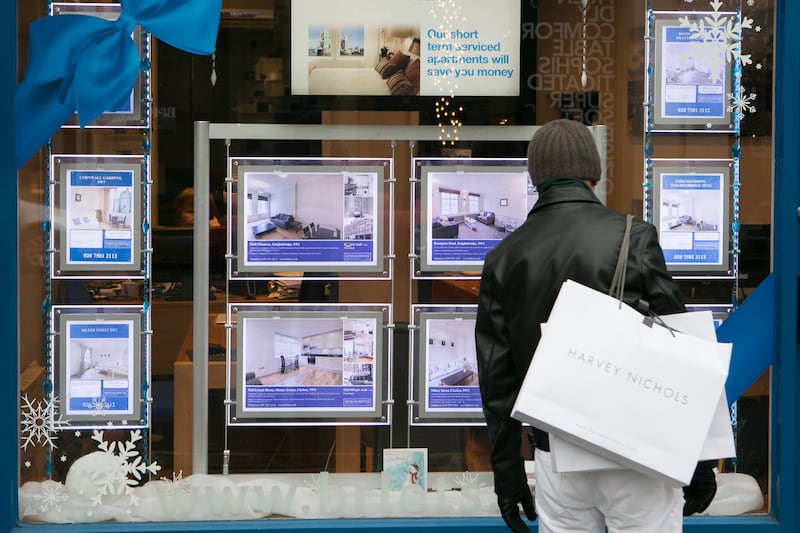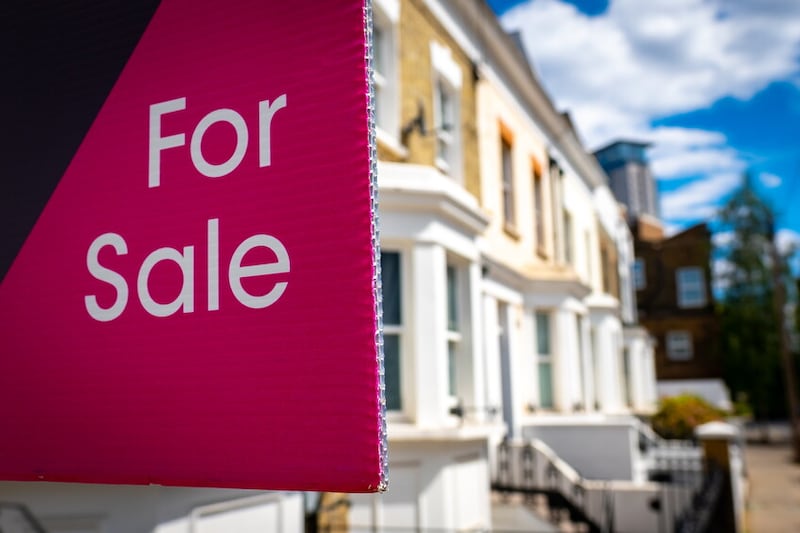HOUSE prices rose by an average of 8 per cent in the Republic last year.
They increased sharply in Cork, Galway, Limerick and Waterford cities, according to property website Daft.ie.
The Irish national average asking price in the final quarter of 2016 was €220,500 (£188,000), compared to €204,000 (£173,000) a year ago and €164,000 (£140,000) at its lowest point.
In Dublin, prices have risen by an average of €102,000 (£87,000) - or 46.2 per cent - from their lowest point in mid-2012. Outside the capital, the average increase has been €48,000 (£41,000), or 36 per cent, since the end of 2013.
Ronan Lyons, economist at Trinity College Dublin and author of the Daft.ie Report, said: "Overall, the market continues to be characterised by strong demand, albeit limited by Central Bank rules, coupled with very weak supply - both of new and second-hand homes.
"This year has seen a number of measures that will serve to stimulate demand in the years ahead. Hopefully next year, the focus will be on supply."
The rate of inflation in Dublin was 5 per cent, below the national average but significantly up on the figure for 2015 (3 per cent). Outside Dublin, the rate of inflation was 10 per cent, down slightly from 13 per cent a year ago.
Compared to the same period in 2015, prices in the final quarter of 2016 were 9 per cent higher in Cork and 13 per cent higher in Galway.
In Limerick city, the increase was 14 per cent, while in Waterford prices rose by just under 15 per cent in 12 months. Inflation outside the cities varies from 9 per cent in Leinster to 12 per cent in Connacht-Ulster.
Meanwhile, the UK's exit of the European Union is the biggest fear facing a quarter of Irish firms in 2017, according to a survey by Dublin Chamber of Commerce.
One in six firms cited labour costs as their biggest worry for the year ahead. A similar number (15 per cent) gave skills shortages as the biggest threat to their business in 2017.
Dublin Chamber chief executive Mary Rose Burke said businesses were still concerned about the potential for serious negative impact if the Brexit process was not managed correctly and added it was vital that €1 billion trading links with the UK were protected.
The Northern Ireland Chamber of Commerce and Industry said it was crucial a hard border with the Republic was avoided.
President Nick Coburn said: "Being able to trade as freely as possible with the Republic of Ireland with limited bureaucracy and freedom of movement of people living and working on both sides of the border should be a top priority for government in any negotiations.
"Swift reassurance on the future status of EU employees is crucial to retention of skills. Facilitating free movement of people provides business with a wider catchment of workers with relevant skills at all levels."







